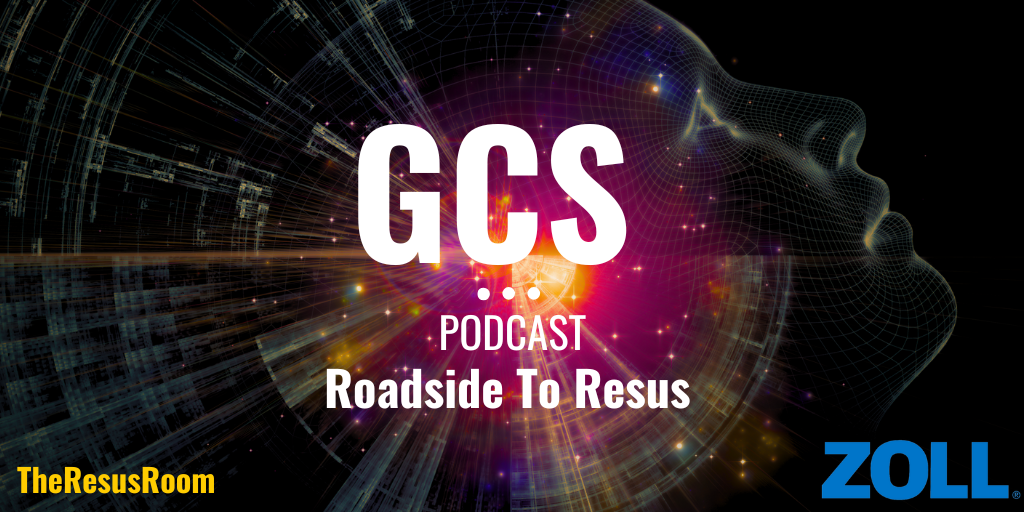Welcome back! In this episode, we’re diving deep into something we all think we know, the Glasgow Coma Scale.
The GCS has been a fundamental part of assessing patients with altered consciousness for over 50 years. You’ll find it in trauma scores, neurology exams and practically every prehospital and ED handover. But here’s the thing, is it as reliable and useful as we think?
In this episode, we’ll explore the origins of the scale, what it was designed for and how it’s been used (and maybe misused…) since. We take a look at how reproducible it really is, particularly when different clinicians score the same patient. Spoiler alert: it’s not always as consistent as you might hope!
We’ll also unpack the individual components; eyes, voice, motor and ask if they all carry equal weight, or are some more prognostically useful than others? Because a GCS of 4 isn’t always the same GCS of 4, depending on how you get there…
We’ll be looking at real-world implications, how we make decisions around airway management, imaging, and referral, all based on that one number.
So whether you’re in prehospital care, the ED, or intensive care – stick with us as we try to answer the question: is the GCS still doing what we need it to, or is it time to move on?
Once again we’d love to hear any thoughts or feedback either on the website or via X @TheResusRoom!
Simon, Rob & James
Now that you have listened to the podcast, start the quiz to add it to your CPD Diary
References
A practical review of the Glasgow Coma Scale and Score. Barlow. The Surgeon. 2012
Assessment of Coma and Impaired Consciousness: A Practical Scale. Teasdale. Lancet. 1974
Consciousness: Its Neurobiology and the Major Classes of Impairment. Goldfine. Neurol Clin. 2011
Moulton C, Pennycook A, Makower R. Relation between Glasgow coma scale and the gag reflex. BMJ. 1991
Kulig K, Rumack BH, Rosen P. Gag reflex in assessing level of consciousness. Lancet. 1982


